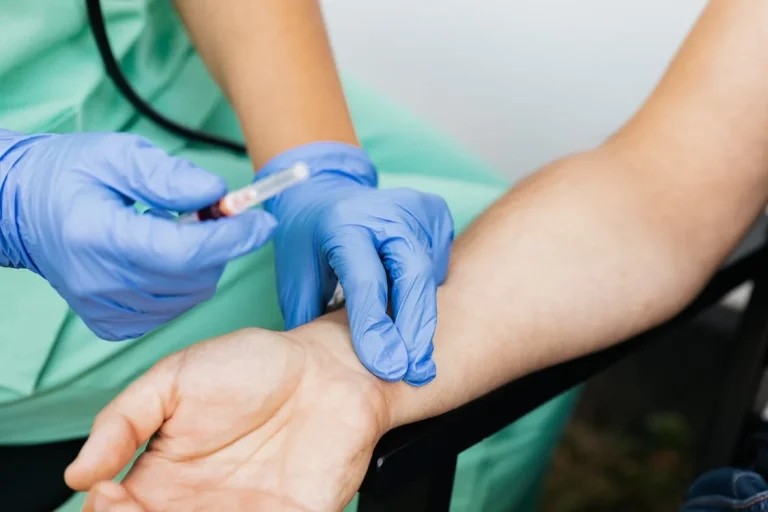How Long Does It Take for Hernia Mesh to Heal?
Undergoing hernia repair surgery is a major yet common procedure. Over 800,000 inguinal hernia operations take place annually in the United States. Surgeons often use surgical mesh to provide added strength and support to the weakened area of tissue. This mesh aids recovery, but you may be wondering – how long does hernia mesh take to fully heal after surgery?
Understanding Hernia Repair Surgeries
Before diving into the recovery timeline, let’s first understand the different types of hernias and the various repair procedures. A hernia occurs when an organ or tissue protrudes through a weakness in the abdominal wall. The most common types are inguinal hernias (in the groin area), umbilical hernias (around the navel), and incisional hernias (at the site of a previous surgical incision).
To repair these hernias, surgeons may opt for open surgery or laparoscopic (keyhole) surgery. In many cases, a mesh reinforces the weakened area and prevents the hernia from recurring. The type of surgery and whether mesh is used can impact the recovery process.
Early Hernia Mesh Recovery: The First 1-2 Weeks
During the first week or two after your operation, strict activity restrictions are crucial to allow internal healing around the mesh. Your surgeon will likely recommend:
- No heavy lifting over 10-15 pounds
- No strenuous exercise other than short, gentle walks
- Limited bending, twisting, or squatting
- Use of a supportive abdominal binder
It’s completely normal to have pain, swelling, and discomfort during this initial healing stage. Most patients require prescription pain medication for the first 5-7 days post-surgery. As your surgical incisions start to close, discomfort typically gradually subsides. However, internal healing around the mesh is still ongoing.
Around 5-10 days post-op, your surgeon will have you return for a follow-up appointment. They’ll check the incisions, ask about your pain levels, and determine if you’re ready to slowly increase your activity.
Intermediate Recovery: 2 Weeks to 2 Months After Surgery
Your internal healing will continue to progress during weeks 2 through 8 following hernia mesh surgery. Gradually resuming light activity can help facilitate recovery. Your doctor may clear you to return to desk work or other non-strenuous jobs within 2 weeks.
- Exercise restrictions are still advised, including no heavy lifting over 20 pounds.
- Your doctor may recommend introducing short walks, light stationary biking, gentle yoga, or stretching.
- Use pain levels as your guide – if an activity causes sharp or intense pain, stop and rest.
As the mesh incorporates internally over the 2-month period, most patients experience a substantial reduction in post-surgical discomfort. However, your body will still be healing, so don’t overdo activities until your surgeon gives the green light. Around 6-8 weeks post-operation, they’ll likely clear you for moderate exercise and lifting.
Long-Term Recovery: 3+ Months After Surgery
While the mesh will be well-integrated in the abdomen after 2 months, complete healing can take up to 6 months for some patients. Factors impacting your personal timeline include:
- Type and size of your hernia
- Any previous hernia surgeries
- Use of laparoscopic or open surgical techniques
- Your age, overall health, diet and fitness level
During months 3 through 6, your surgeon will monitor your ongoing progress. Make sure to keep all follow-up appointments, even once you are back to normal routines. Your doctor will check for potential complications like infections, mesh reactions, or hernia reoccurrence.
As long as healing remains on course, your surgeon will likely give you medical clearance around the 3-month mark to lift heavier weights and resume intense athletic training. Make sure to ease back into strenuous exercise, giving your body time to re-adjust to higher levels of exertion. Stay alert for any unusual discomfort, bulging, or changes that could require additional medical attention.
Signs Hernia Mesh Repair is Healing Properly
Monitoring your symptoms can provide insight on whether your surgical repair site is healing well. Contact your doctor promptly about unusual or concerning changes, but the following often indicate proper healing:
- Gradual reduction of post-surgical pain/soreness
- No visible swelling, redness or fluid leaking at the incision site
- Slowly increased ability to walk and perform light tasks without sharp pain or limitations
- Your surgeon’s medical clearance to lift heavier weights and resume normal work and recreational activities
Risks if Hernia Mesh Does Not Heal Correctly
While hernia mesh procedures are usually successful, in some cases, complications can arise:
- Infections may occur years later if the mesh is not incorporated properly. Symptoms include redness, heat, and pus drainage near the incision site.
- Hernia recurrence is possible if the mesh detachs or fails to strengthen the thin muscle tissue. Signs include visible bulging from your original hernia site when standing or coughing.
- Chronic pain can persist if nearby nerves are impacted by surgical mesh placement. Talk to your doctor about minimally invasive mesh removal options if chronic discomfort remains ongoing.
Stay alert for any of these potential warning signs of improper healing post-surgery. Prompt medical care can minimize risks and discomfort if surgical complications develop.
Call Our Office for a Free Case Review
If you or someone you love suffered a neglect-related injury during medical care, The Higgins Firm can help. For over 20 years, our dedicated medical malpractice attorneys have fought to get injured Tennessee residents the compensation they deserve after poor medical treatment. We handle all aspects of your negligence claim so you can focus on healing.
To discuss your specific situation with our team for free, give us a call today at (800) 705-2121. Our experienced attorneys will carefully examine your case details to determine your best legal options. There are no upfront fees, and we only get paid if we win your case. Don’t wait to get the personalized support you need during this difficult time – contact us 24/7 for a free case evaluation.
Stay in touch to get more updates & news on Discover Tribune!






